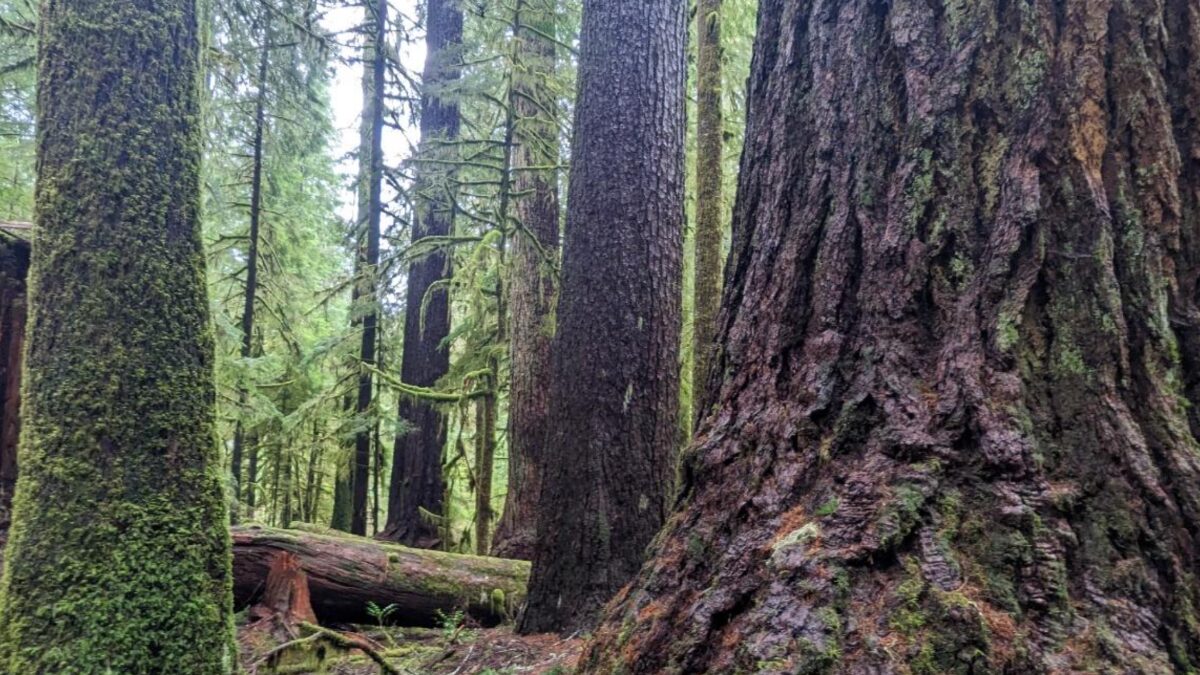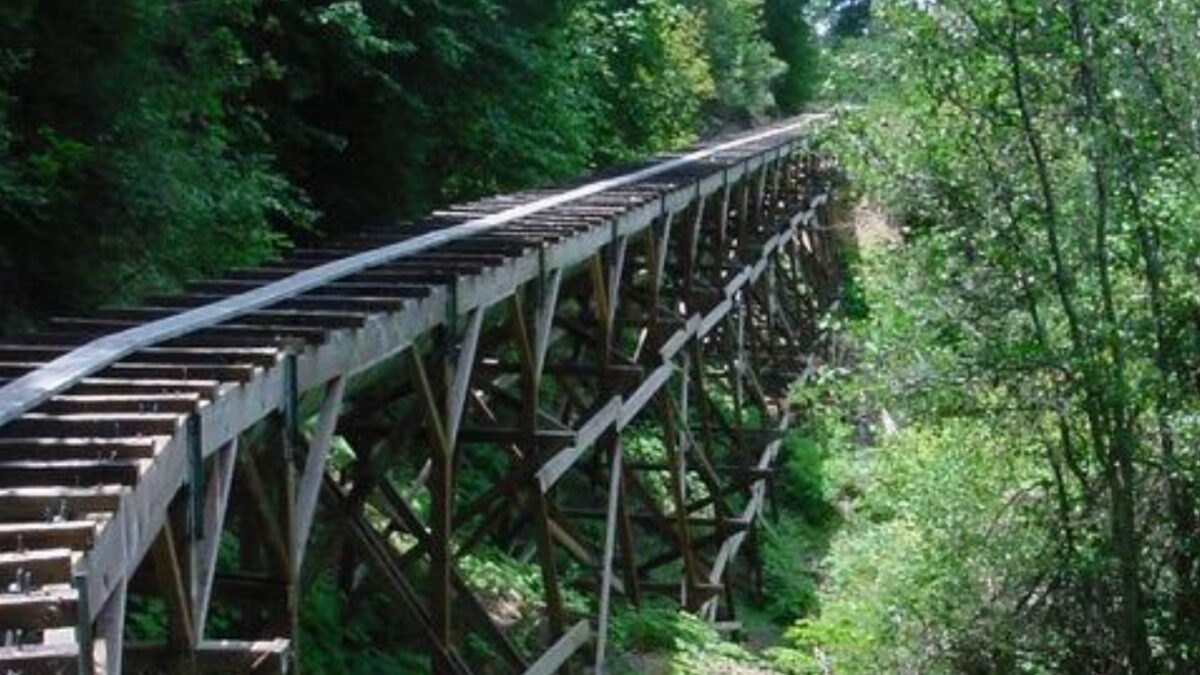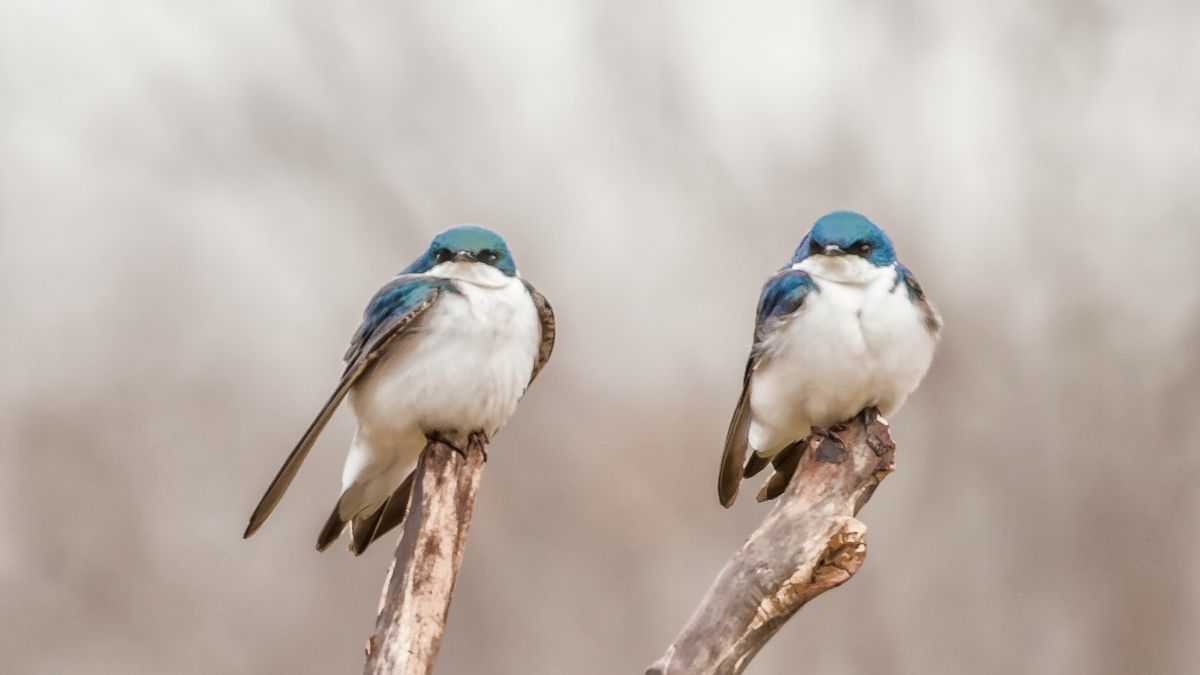Old Growth Forests Require Immediate Protection

As reported in our last newsletter, the Biden Administration is striving to achieve more protections for remaining old-growth and mature forests on federal lands. However, regulatory changes take time to implement and in the meantime, more of these important forests will be felled. Two CBI Associates Dr. Beverly Law (Professor Emeritus at Oregon State University) and Dr. Dominick DellaSala (Chief Scientist for Wild Heritage) have been extremely active in galvanizing action to speed up the protection of these forests. In her latest article in The Conversation entitled, “Old Forests are Critically Important for Slowing Climate Change and Merit Immediate Protection from Logging”, Dr. Law describes why protecting these forests is so important. Dr. DellaSala organized a recent Scientist Letter to the President urging him to place a moratorium on logging of old-growth and mature forests on federal lands to prevent these critical forests from being lost while the regulations are fully implemented. These forests are simply too important and too rare to be impacted by bureaucratic delays.
Alliance of World Scientists

The Alliance of World Scientists (the Alliance) is an international assembly of scientists (over 27,000 scientists from 180 countries) with the goal of amplifying the voices of scientists from all over the world to prevent further widespread catastrophic damage to the planet, especially from climate change. Founded and led by Dr. Bill Ripple of Oregon State University, a long-time CBI Associate, the Alliance has produced numerous publications and has engaged in regular public outreach where it has actively advocated for science-based actions to help save the planet. CBI and the Alliance have recently forged a new partnership to support the mission. Initially, CBI is hosting its new website and helping the Alliance raise much-needed financial support.
Protecting a Legacy Water System from Wildfire

This section of flume of called “Flume A” is a one-mile long gold-rush era wooden structure that diverts water from the south fork of the Stanislaus River to a branching system of earthen channels and other shorter sections of flumes below. Laborers in the 1800s, sometimes hanging from ropes in the steep canyons, built this and the four other wood and metal flumes of Tuolumne County to supply high-pressure water to hydraulic mining, sluicing operations, and lumber mills.
In the 1850s, immigrants seeking gold in California’s Sierra Nevada mountains created a connected network of open channels, wooden flumes, and pipes to direct water to their operations and the rapidly-growing foothill towns of Sonora, Columbia, and Jamestown. 170 years later, this historic system is an integral part of the water infrastructure that supports residential, agricultural, hydroelectric, ecosystem, and recreational purposes, providing nearly all of the drinking water to the west slope communities of Tuolumne County. Tuolumne Utilities District (TUD), the agency responsible for managing the 70-plus miles of raw water ditches and potable water infrastructure is contending with a modern-day concern: the threat of severe wildfire.
Conservation Biology Institute is proud to partner with EN2 Resources, Inc. and the Tuolumne Utilities District (TUD) to develop the TUD Wildfire Defense Plan, a roadmap for addressing wildfire risk to the water system and water treatment facilities.
The TUD Wildfire Defense Plan will have two components: CBI is heading up a Wildfire Risk Mitigation Plan to guide projects that achieve fuel reduction, habitat enhancement, and recreation benefits. EN2 is developing a Wildfire Protection Draft-Points Plan for strategically identifying raw water draft points along the raw water ditches for fire response and preserving precious potable water. Together these plans will help TUD manage the system as “green infrastructure”, a vision that addresses the integrated needs of people, the communities, and biodiversity under climate change. TUD, together with Pacific Gas & Electric, the US Forest Service, CALFIRE, Tuolumne County, Tuolumne Fire Safe Council and the Tuolumne Band of Me-Wuk Indians are already working intensively to reduce fuels in the region, and this Plan will assist the agency in obtaining the funding needed to continue this important work.
The TUD Wildfire Defense Plan will be completed by the end of the year. Funding for this project comes from the USDA Forest Service Community Wildfire Defense Grant.
